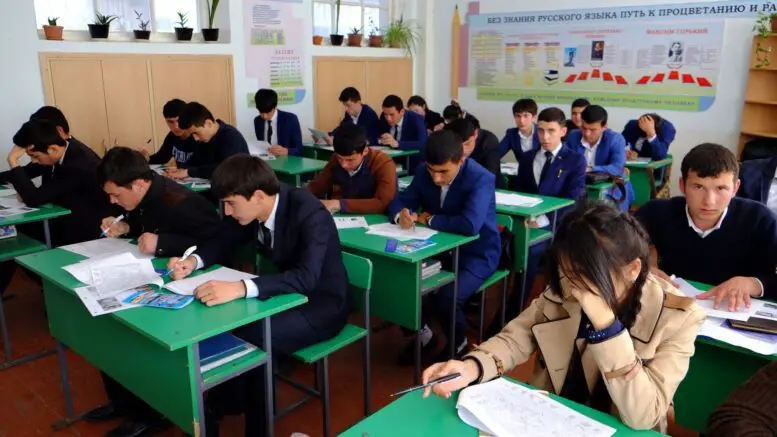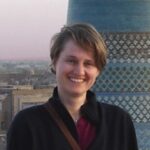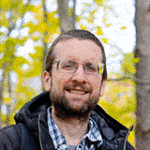Education in Russia has traditionally been a very important part of life. Mass education there took root with Peter the Great in the beginning of the 18th century. As his first act as tsar, he departed Russia to study abroad in Germany and Holland. When he returned, he placed great emphasis in establishing modern education systems in Russia as he had seen in those countries.
Under Peter’s system, secondary education took place in gymnasia, which were later divided into boys and girls schools. Students attended the gymnasium for 10 to 12 years. Initially, only those in high social circles could afford to send their children to these schools. Later, in the late 18th, early 19th centuries, schools began to open to the general public.
Starting from the middle of the 18th century, higher education as a system started with the foundation of universities in Moscow and St. Petersburg. The system was modeled after that of the Germans: it was open to secondary school graduates and took five years to complete. Upon completion, a “Diploma of Higher Education” in a specialized area was granted. Since then, the system itself has not changed much.
The Soviets greatly expanded the public schools, so that (at least theoretically) the entire population had access to secondary education. They also built many universities and institutes, particularly scientific and diplomatic training centers. Many of these insititutions are still highly prestigious and, within Russia, the pursuit of higher education was and, to a large extent, still is considered to be very prestigious. More than 50% of Russians have received higher education of some sort.
As the world becomes more global, so has education in Russia. In order to more closely correspond with educational systems in the USA in Europe, the Russian system has begun to change. Now, many institutions offer Bachelor’s degrees with a four-year program and a Master’s degree with a two-year program. The transition, however, is still under way, and some departments operate on the modern system, and others on the old five-year system, which bestowed (bestowes) the title of “Specialist.” The Bologna Process is also influencing the development of education in Russia.
After completing higher education, one may pursue additional postgraduate studies (aspirantura in Russian), for another three years. After one’s thesis is written and successfully defended, the “Candidate of Science” or Kandidat nauk degree is awarded. This has been deemed equivalent to the Ph.D. degree of the American system.
However, the Russian system also offers a degree higher than the Ph.D. equivalent “Candidate of Science.” It is known as the “Doctor of Science” or Doktor nauk degree. This process, known as doctorantura in Russian, takes three more years. After defending a doctoral thesis, the Doctor of Science degree is awarded.
Taken as a whole, the Russian system of higher education is one whose reputation has survived many governmental forms, and international and financial crises. Russian degrees are recognized and respected the world over. More about studying in Russia




